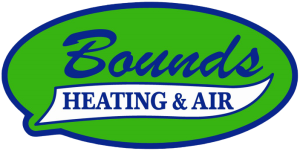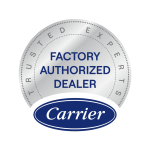What Is Blower Door Testing, and Why Is It Important?
Over the years, there has been an increasing demand for ensuring energy efficiency in new builds and structures, reflecting the consciousness to mitigate the climate crisis. One such step is blower door testing, which has become common practice in many parts of the world, including the US and much of Europe. In this article, we’ll explore what this test measures, why it is important, and how it is conducted.
Definition and Overview
Blower door testing measures a building’s airtightness. It involves using a powerful fan mounted on the exterior door frame to pressurize or depressurize the building. This allows air to flow through any gaps or leaks in the structure, helping identify air leaks and hot and cold spots.
This diagnostic procedure is usually conducted at the end of the building process or as part of an energy audit. Through this test, you can detect uncontrolled outdoor air infiltration and indoor air exfiltration and take corrective measures.
Benefits of the Test
This test provides several advantages, including increased energy efficiency, better indoor air quality, and improved building durability. By addressing the air leaks identified during the blower door testing, you reduce energy waste and costs and ensure the indoor temperature is more balanced and optimal.
Additionally, an airtight space helps reduce moisture and mold growth, preventing structural damage, decay, and rot.
Summary of the Testing Process
A qualified HVAC specialist performs the test following these steps:
Pre-Test Preparation: The technician evaluates whether it is safe to conduct the test. Interior doors and windows are closed, and all vents and exhaust fans are sealed.
Setup and Calibration: The blower door fan is mounted to the frame of the main exterior door. Once this is secure, the fan is calibrated to measure the pressure of the structure from the outside.
Use of the Blower Door Fan: The fan is used to draw air out of the building envelope to create a pressure difference between the interior and exterior of the structure. Pressure and airflow are measured during this phase.
Air Leak Detection: The technician investigates the location, size, and severity of air leaks through various techniques.
Post-Test Review: After the test is completed, a report is produced for the property owner’s reference to address the identified issues.
Improve Your Home’s Energy Efficiency With Our Help
Turn to Bounds Heating & Air in Gainesville, Florida to improve your property’s indoor air quality and comfort and help you reduce energy waste. We offer a range of HVAC services, which include maintenance, repair, and testing. Contact us today for a consultation or to book an appointment.


